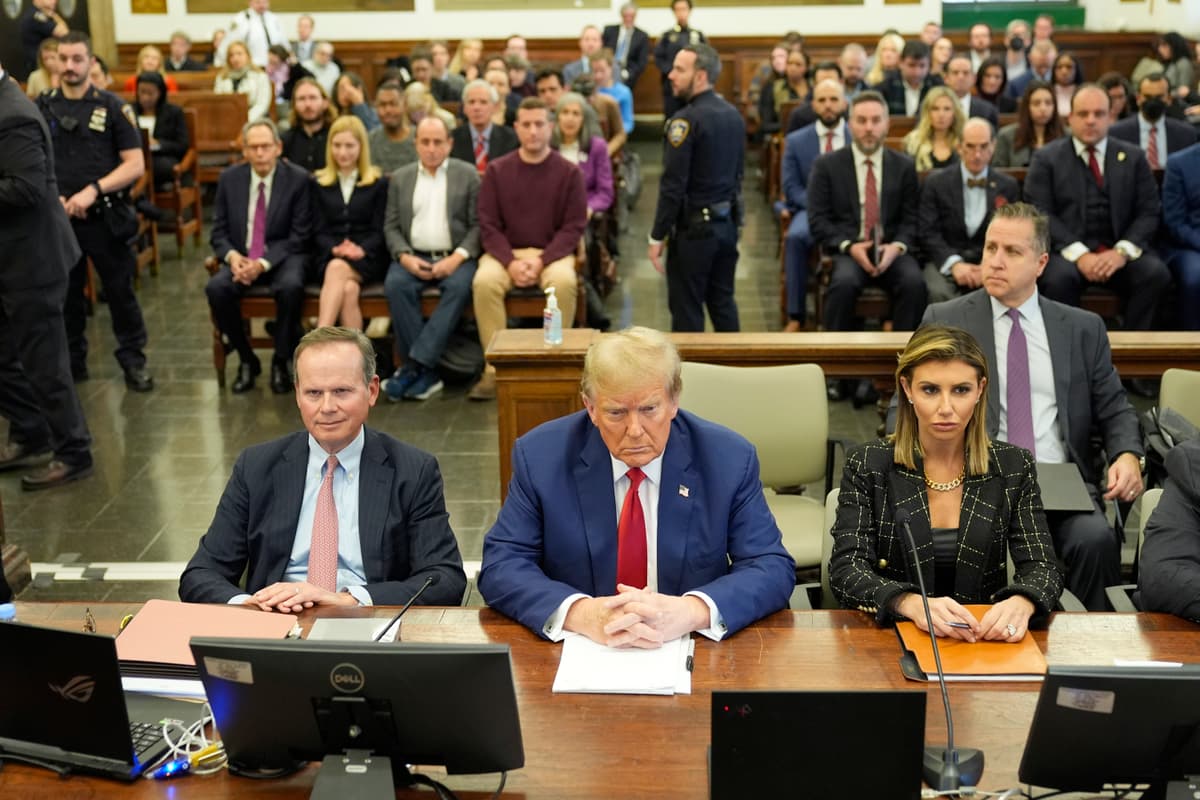Trump Denounces Appeals Court Ruling That He Must Pay $464 Million Judgment: ‘Businesses Will Flee … While Criminals Roam the Streets’
The appeals court battle, which will ultimately decide the fraud case, is now in full swing.

President Trump lashed out late Wednesday night after an appeals court judge ruled that afternoon that he must pay the $464 million judgment in his civil fraud case, while he appeals.
Please check your email.
A verification code has been sent to
Didn't get a code? Click to resend.
To continue reading, please select:
Enter your email to read for FREE
Get 1 FREE article
Join the Sun for a PENNY A DAY
$0.01/day for 60 days
Cancel anytime
100% ad free experience
Unlimited article and commenting access
Full annual dues ($120) billed after 60 days

